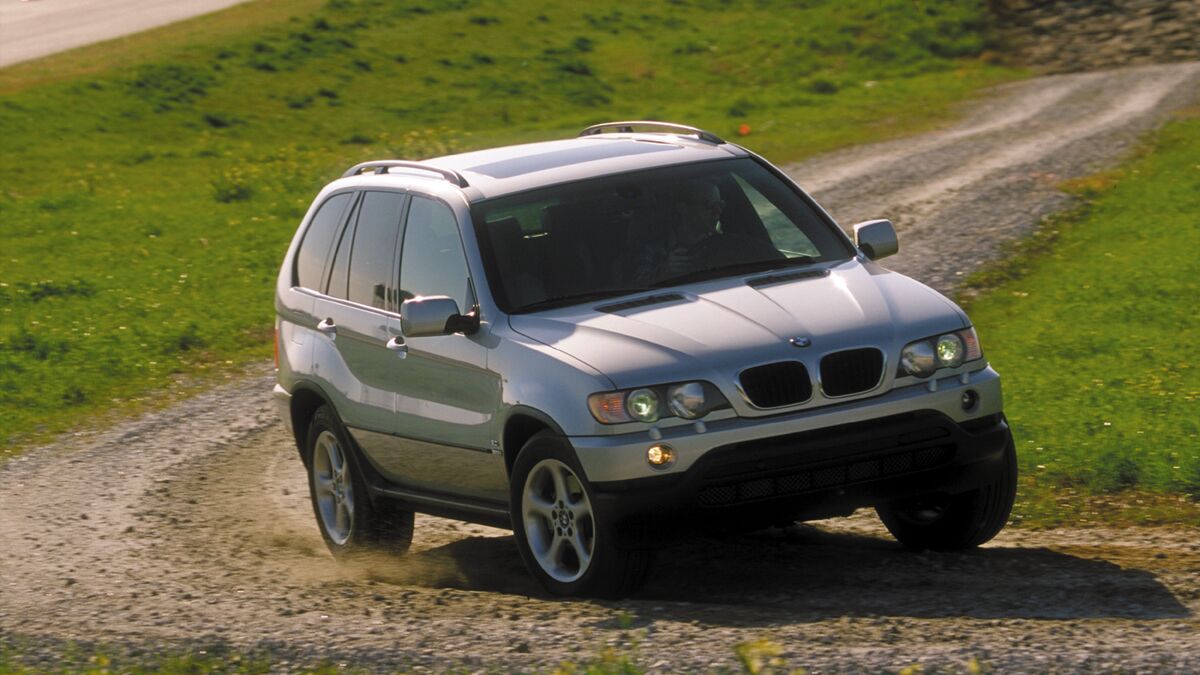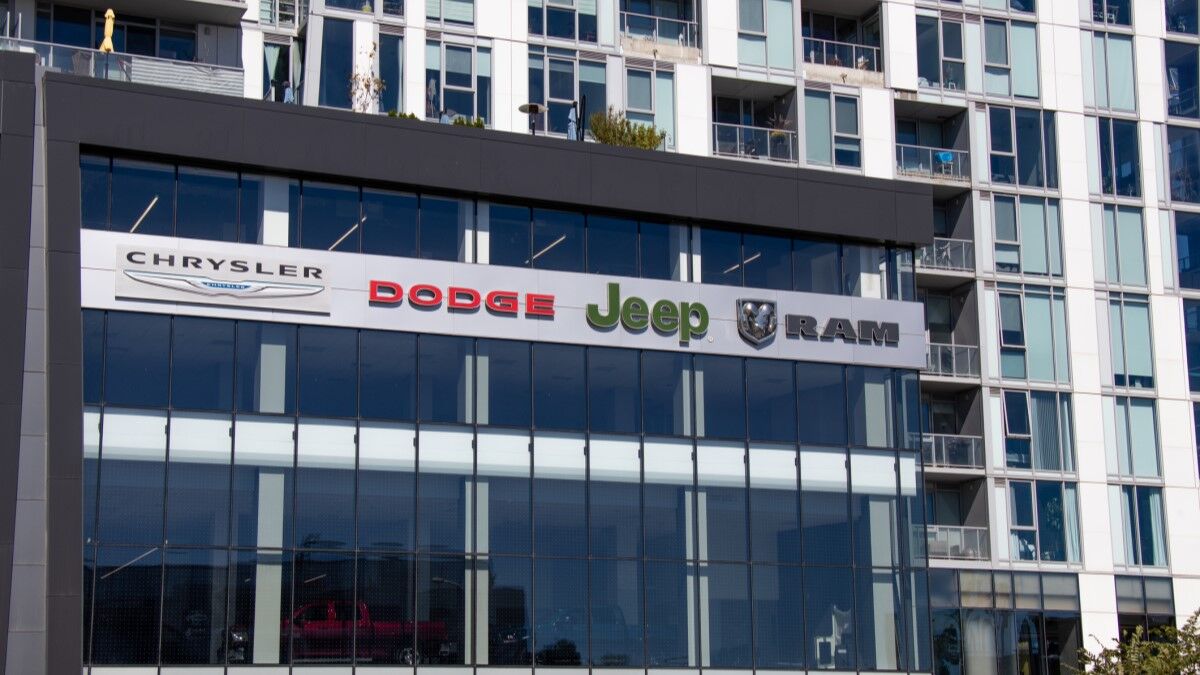BMW issued a new recall connected to the largest recall in automotive history, a saga reverberating since 2008.
The company says 5,361 X5 SUVs from model years 2000-2001 might have dangerous Takata airbag inflators.
Those inflators are at the heart of a massive, worldwide recall campaign involving tens of millions of cars sold under at least 34 brand names on at least five continents. Nearly every automaker that sells cars in the U.S. has vehicles affected by the Takata recall.
Exploding Inflators
An airbag inflator is a small metal capsule containing chemicals that combine to create a rapidly expanding gas. In an accident, the inflator is supposed to spew that gas out of a nozzle, quickly inflating a folded airbag so that it can cushion occupants from hitting collapsing car parts.
Some Takata inflators, however, can explode instead. Their capsule sometimes bursts under the sudden pressure of the chemical reaction. That can send hot metal fragments flying into the cabin like shrapnel.
Takata inflators have been blamed for at least 35 deaths worldwide.
May Be In Replacement Steering Wheels
BMW and other automakers have performed many recalls to get Takata inflators off the road. But the company recently discovered records that some cars built without the inflators might have them.
BMW tells the National Highway Traffic Safety Administration (NHTSA) that some customers may have replaced factory steering wheels with aftermarket sport steering wheels that could contain the dangerous inflator.
Dealers will inspect the cars and, if they find a Takata-branded inflator, replace the airbag module with a safer design.
By law, dealers never charge for recall repairs.
Manufacturers recall many cars, often more than once, during their lifespan. Automakers try to contact every owner but don’t always reach them all. Discover if your vehicle has any outstanding recalls with the easy-to-use vehicle identification number (VIN) tool at our recall center.








